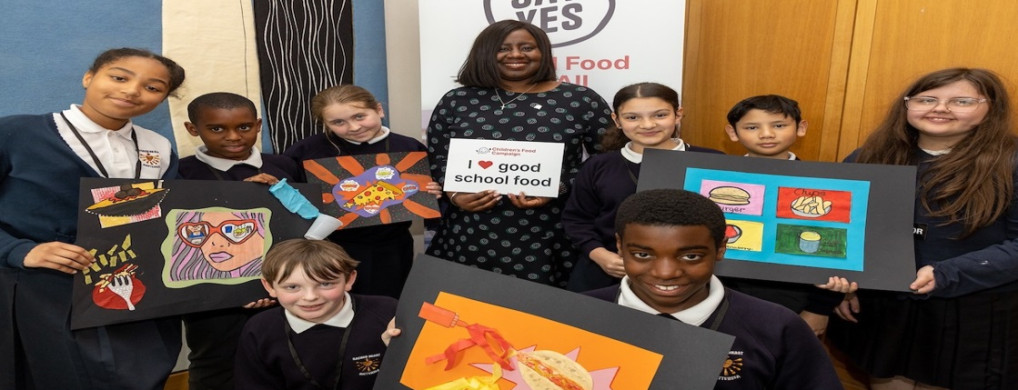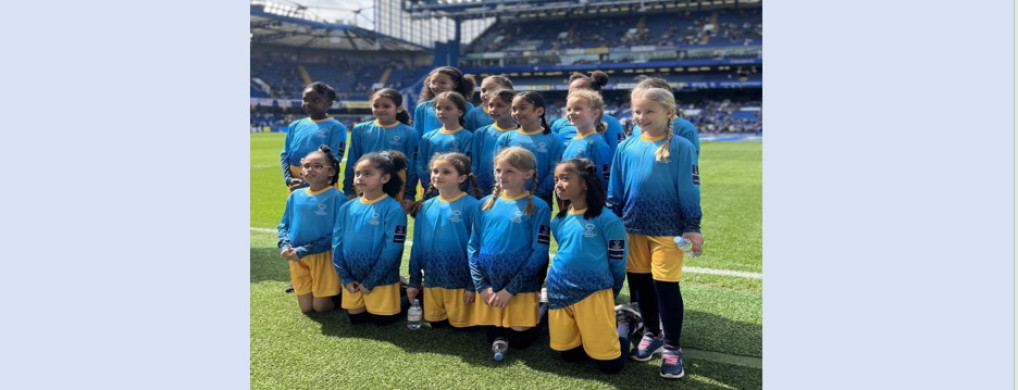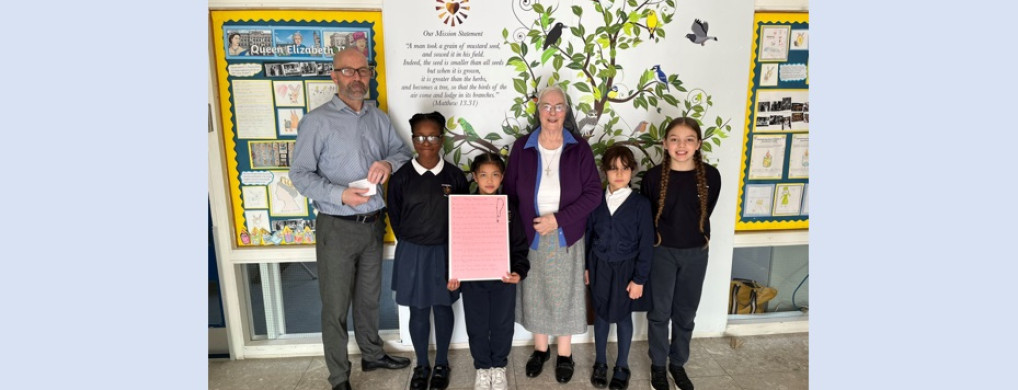Reading at Sacred Heart Primary School
Teaching Reading: Reading Practice sessions three times a week
- We teach children to read through reading practice sessions three times a week.
- These are taught by a fully trained adult to small groups of approximately six children.
- Use books matched to the children’s secure phonic knowledge using the Little Wandle Letters and Sounds Revised assessments and book matching grids on pages 11–20 of ‘Application of phonics to reading’
- Are monitored by the class teacher, who rotates and works with each group on a regular basis.
- Each reading practice session has a clear focus, so that the demands of the session do not overload the children’s working memory. The reading practice sessions have been designed to focus on three key reading skills.
- Decoding
- Prosody: Teaching children to read with understanding and expression
- Comprehension: Teaching children to understand the text
- In Reception these sessions start in Week 4. Children who are not yet decoding have daily additional blending practice in small groups, so that they quickly learn to blend and can begin to read books.
- Reading practice sessions continue throughout KS1 and into KS2 where necessary.
- Pupils accessing the SEND programme are assigned the same books as those on the main programme and at the appropriate level.
- KS2 pupils have access to the Little Wandle 7+ reading books. Assigned books will be at the appropriate reading level but are specifically designed to appeal to the older pupil.
Home Reading
- The decodable reading practice book is taken home to ensure success is shared with the family.
- Reading for pleasure books also go home for parents to share and read to children.
- We use the Little Wandle Letters and Sounds Revised parents’ resources to engage our families and share information about phonics, the benefits of sharing books, how children learn to blend and other aspects of our provision, both online and through workshops.
- Once pupils have secured their knowledge and understanding of phonics and the alphabetic code, they will continue to develop their reading comprehension skills, including sequencing, retrieval, prediction, inference and understanding of vocabulary through daily group and/or class guided reading lessons. They will do this through reading a wide selection of books and sections of books both in school and at home. Pupils will be set weekly reading comprehension homework tasks from Year 1 upwards.
- Pupils will continue to be exposed to a wide variety of high-quality and diverse texts, including fiction, non-fiction and poetry, often making links with other areas of the curriculum. Books become progressively challenging to ensure new learning builds upon prior knowledge and skills.
Guided Comprehension
In KS2, we have created a four day per week learning journey of Guided Comprehension. Each week the children will be exposed to a different text, with varying genres covered to ensure that they are reading, and enjoying, a wide range of texts.
The six domains of reading will be taught through the VIPERS approach (which are based upon the NC reading domains):
- Vocabulary
- Inference
- Prediction
- Explanation
- Retrieval
- Summarising
On day 1 children are exposed to new vocabulary. They use this day to refine their dictionary and clarification skills. Day 2 involves class discussion around the text. Day 3 and 4 are skill-based days, which hone in on one of the reading domains. Children are also given opportunities to apply their knowledge and skills to question stems similar to those that would appear at the end of Key Stage tests, so that they are familiar with answering comprehension questions presented in a range of different ways.
Reading Fluency and Reading across the curriculum
At Sacred Heart Battersea we promote reading widely and often across the curriculum, taking opportunities wherever and whenever possible to develop pupils’ prosody (expression) and automaticity (sight word recognition), with the aim of building the bridge between their decoding and comprehension skills. Reading fluency supports comprehension because pupils’ cognitive resources can be redirected from focusing on word recognition to comprehending the text. Reading fluency strategies include various forms of guided oral reading instruction, such as: modelled reading, echo reading, choral reading and assisted/paired reading, along with repeated reading where relevant and appropriate.








